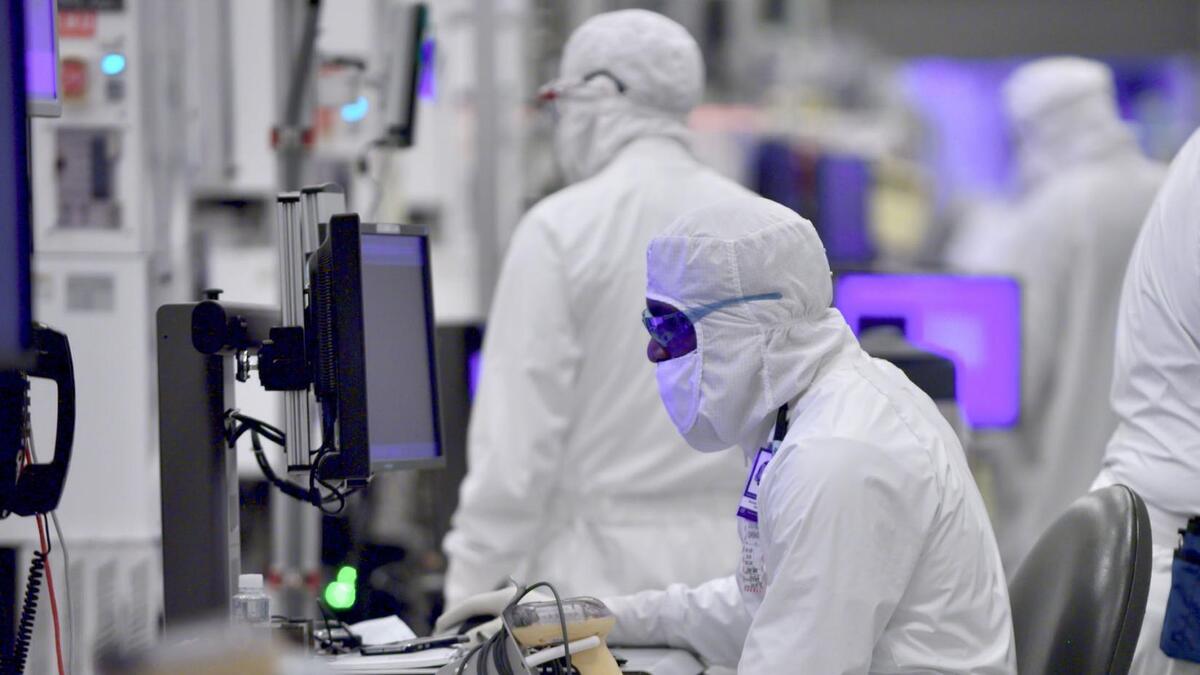- You shouldn't trust AI for therapy - here's why
- How healthy is your home? Ultrahuman's newest device will tell you
- Google just spilled its airfare secrets: here's the cheapest day to book your next flight
- #Infosec2025: Top Six Cyber Trends CISOs Need to Know
- Stop chasing AI for AI’s sake
EU Chips Act to drive $47 billion investments in semiconductor manufacturing

The European Council and the European Parliament has reached an agreement on a deal that will invest $3.6 billion in EU funds — with the aim of attracting a further $43.7 billion in private investment — to build out the continent’s semiconductor manufacturing capabilities.
Europe, like the U.S., is grappling with a fast-changing semiconductor marketplace, as governments around the world increasingly adopt more restrictive policies on the import and use of chips from overseas.
The EU’s Chips Act is broadly similar in its goals to the US CHIPS and Science Act, which was signed into law by President Joe Biden in August 2022. Both the US and EU measures are meant as a response to post-pandemic supply chain issues that the semiconductor market has faced in recent years and to the US’ ongoing “chip war” with China, over security concerns posed by close governmental oversight of major silicon manufacturers in that country.
Meanwhile, the new EU deal reached between the Parliament and the Council of Ministers, announced Tuesday, has three central “pillars.” The first is the “Chips for Europe Initiative,” which centers on building out manufacturing capacity through knowledge transfer and the establishment of “competence centers” around Europe. These centers will be designed to provide access to experimental data and technical expertise, letting subject-matter experts improve their skills and help create new designs.
The second policy pillar centers on attempts to attract new investment by granting fast-track permitting to “first-of-its-kind” facilities in Europe and designating additional centers of excellence.
EU Chips Act call for monitoring supply chain
Finally, the Chips Act provides for a monitoring and crisis response system for the supply chain, which is designed to alleviate the supply shortages that resulted from the COVID pandemic and the war in Ukraine.
The European Commission welcomed the news that an agreement had been reached in an official statement, saying that semiconductors are a critical geostrategic concern and that the Chips Act would buttress both Europe’s economic competitiveness in the area and its strategic position, by increasing the share of chips produced in the EU.
“Recent shortages of semiconductors have highlighted Europe’s dependency on a limited number of suppliers outside of the EU, in particular Taiwan and South-East Asia for manufacturing of chips, and the United States for their design,” the Commission statement said.
Margrethe Vestager, executive vice president of the EC, tweeted her own approval, as well, saying that boosting Europe’s ability to produce chips domestically makes it a bigger partner in the global supply chain, and helps enable societal advances.
“We need chips to power digital and green transitions or healthcare systems,” she said.
The Chips Act dates back to a European Commission proposal first issued in February 2022, and adopted by the European Council in December of that year. The European Parliament approved it this February, and the measure will now go back to the Council and the Parliament for formal ratification and adoption.
Copyright © 2023 IDG Communications, Inc.

